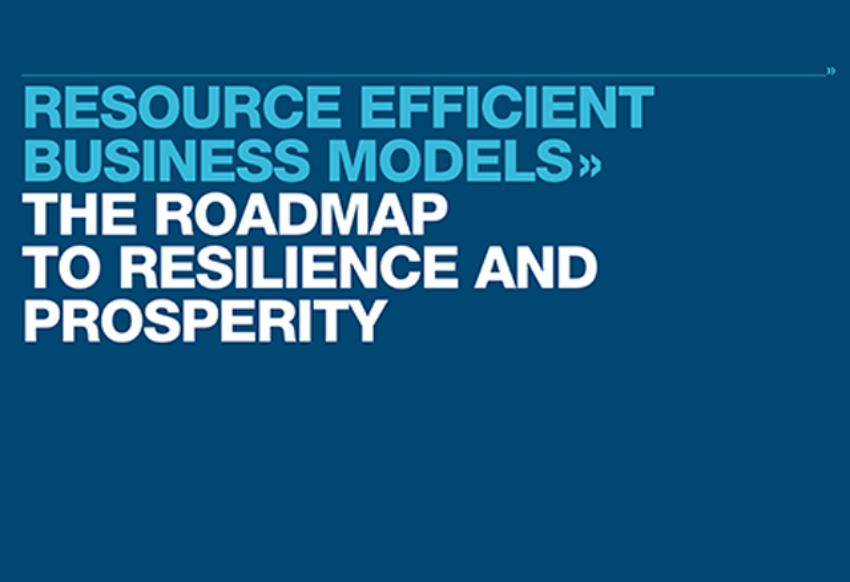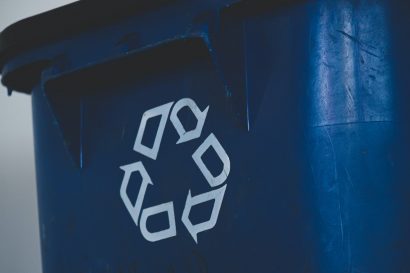REPORTS & BRIEFINGS | 03/03/2015
Resource Efficient Business Models: the roadmap to resilience and prosperity

We have lived in a linear, take-make-use-dispose economy since the start of the industrial revolution, albeit with an increasing emphasis on end of life recycling.
Given the growing pressures on global resource use, it is clear that the time has come to do things differently and shift to a more resource efficient system based on the circular economy.
However, the challenge of breaking the habit of generations should not be underestimated. Confidence is going to be key because real money, jobs and businesses are at stake. The transition must be done in a way that is supported by investors, grows markets and maintains the viability of business.
Some leading businesses are already making the transition but if there is to be a real impact, resource efficiency must become mainstream and be adopted nationally. A circular economy cuts across many different policy areas that were never designed to work as a single coherent unit and unintended consequences abound. Goal setting policies (fiscal and environmental) backed up by reforms to the tax system should be adopted to deliver an integrated approach that creates real and stable incentives for change. Resource efficient business models must become the business-as-usual approach and not be reserved for the early adopters.
Central government and regional authorities have a vital role to play in stimulating these markets through their huge buying power by mandating resource efficiency requirements in their procurement activities, which could spur momentum for business to follow suit. A fitting approach would scale up public sector engagement in this area, taking action that looks beyond short-term budgetary concerns and seeks to secure long-term economic prosperity.
This report sets out the Aldersgate Group’s views on how government and others can show real leadership in transforming the economy of the UK into one that is fit for our resource-constrained future.

